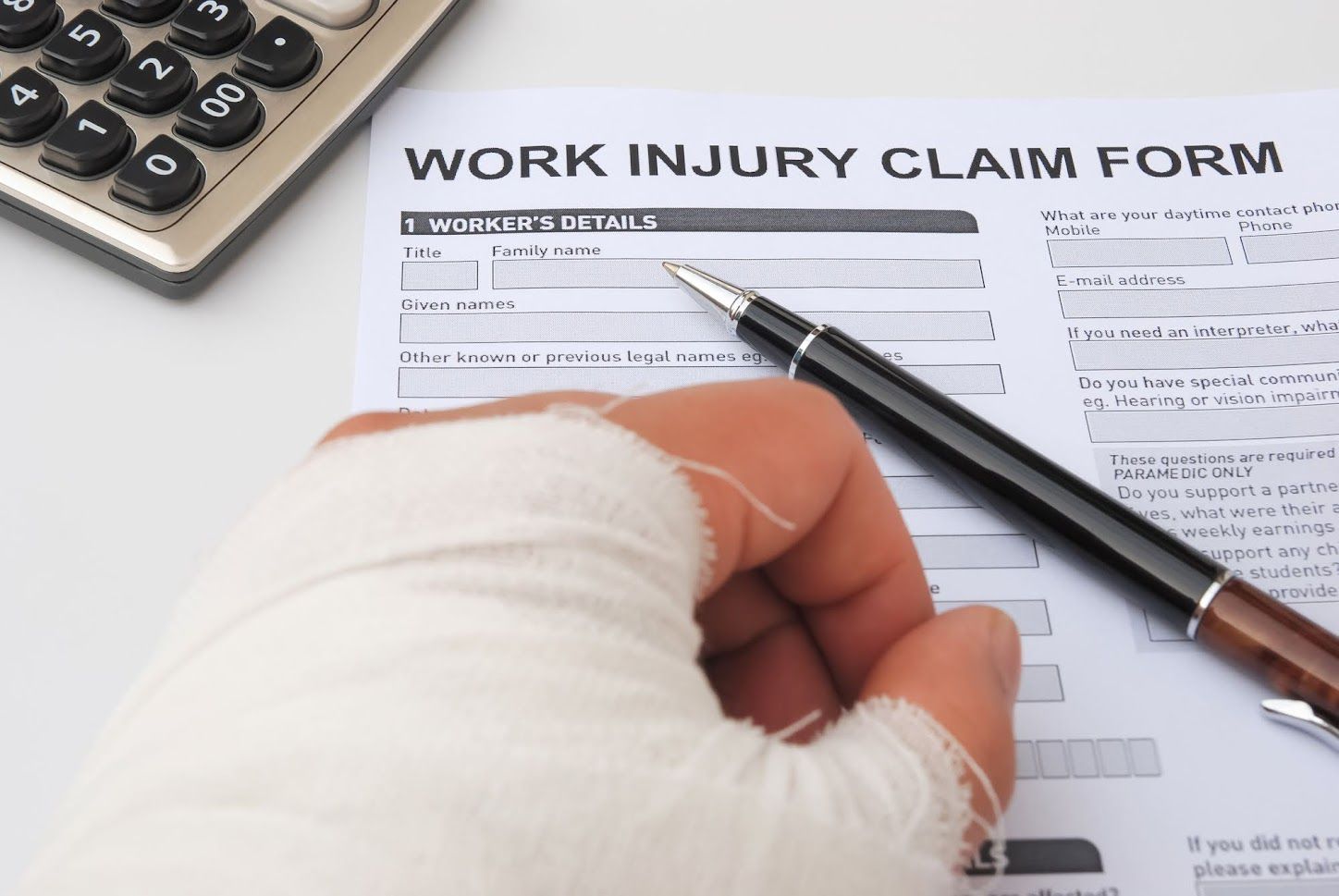Address: 1201 East Street Parkville, Missouri 64152
Toll Free:
Call Us Now:
Understanding Maximum Medical Improvement

You are not alone if you have experienced a work-related accident or illness. Employees reported more than four million work-related accidents in 2021.
Your injury entitles you to file a workers' compensation claim, but sometimes the language or acronyms can be complex and confusing. One of these is Maximum Medical Improvement, or MMI. What does MMI mean, and how will it affect your case? Here is some information to help explain this.
What Is Maximum Medical Improvement?
Recovery often follows your medical care when you suffer an accident or injury requiring medical intervention. Your recovery may include physical or occupational therapy or other types of treatment. But there often comes a time when your doctor feels you have reached a point when no further improvement of your condition is possible.
This decision does not mean that you are fully healed or improved. It simply means that it is the medical opinion of your physician that your condition will not change, no matter how much additional treatment you receive. You may still have the following:
- Pain
- Weakness
- Deformity
- Loss of function
In Missouri, Statute 287.020(12) outlines MMI. It states MMI is the point where your condition has stabilized and will not improve with additional medical care.
What Happens Once You Reach Maximum Medical Improvement?
During your care for your injuries or illness, you not only receive medical care but you are entitled to receive temporary disability benefits. These benefits may be partial or total. However, your temporary benefits end once you reach MMI under the Missouri statute.
Ending your temporary benefits does not mean you will not get paid. If your injuries still interfere with your ability to work, you are immediately eligible for permanent disability benefits. However, qualifying for permanent disability benefits means you cannot work anywhere.
You will still receive two-thirds of your average weekly salary from before the accident. But you must apply for your permanent benefits once your doctor states you are at MMI.
What Is an MMI Rating?
Once your doctor determines you are at your MMI, they will provide a disability rating along with your work capabilities and restrictions. This information helps you and your employer know which work-related task you can and can't perform or if you can return to work at all.
Your MMI rating ranges from 0 to 100, with 0 being no impairment and 100 being 100% impaired. This system designed this number to represent the percentage of change you have experienced from your normal pre-injury condition. Your doctor can issue this for either a permanent total disability, which will affect any employment, or as a permanent partial disability, which will only affect specific job duties.
The state bases your MMI rating on a three-part formula. The first part of the formula comes directly from the body chart. The body chart lists the number of government-assigned "weeks" based on your injured body parts. For example, your injured hand is worth 175 weeks, while your knee is worth 160 weeks.
The second part of the formula includes your permanent partial disability rating. Your salary composes the third part of the formula. It will be two-thirds of your wage to the state's weekly maximum. The final compensation formula would be the number of assigned weeks times your disability percentage times your compensation rate.
What If You Disagree With the MMI Rating?
Your MMI rating is critical in determining how much compensation you receive for your injuries or illness. If you feel your MMI rating is lower than it should be, you are entitled to a second opinion from a physician of your choice.
Workers' compensation cases can quickly become complicated, especially when you sustain a lasting disability. Fortunately, we understand workers' comp and all of its components at Spooner & Perkins P.C. We can help you negotiate your claim and receive compensation for your injuries. Give us a call today and schedule an appointment.
CONTACT INFORMATION
Email:
Phone:
Toll Free:











